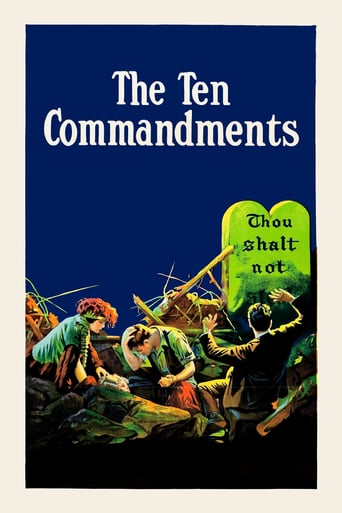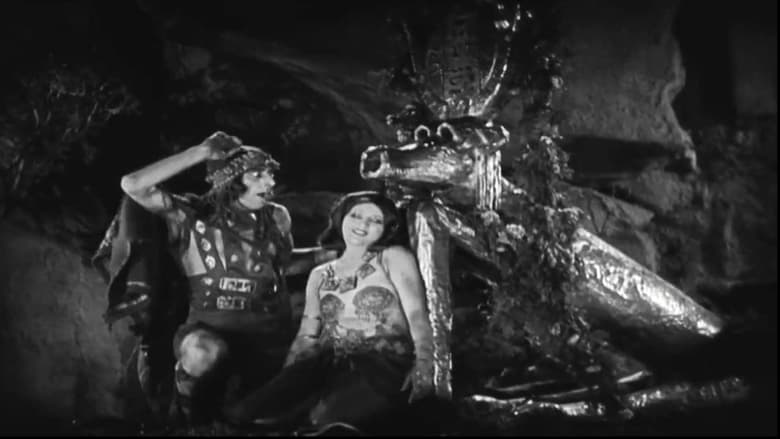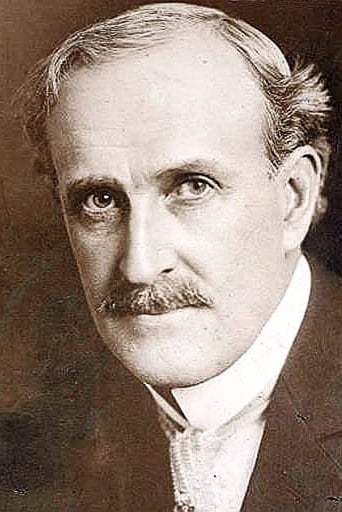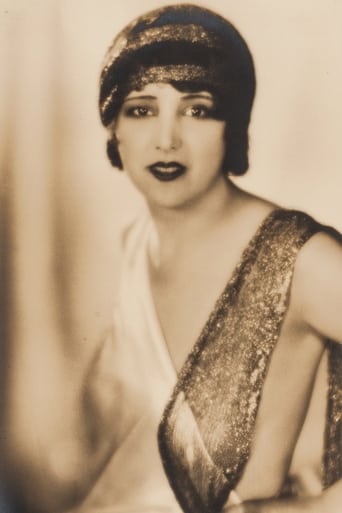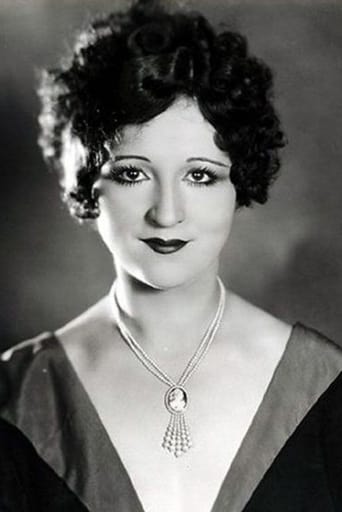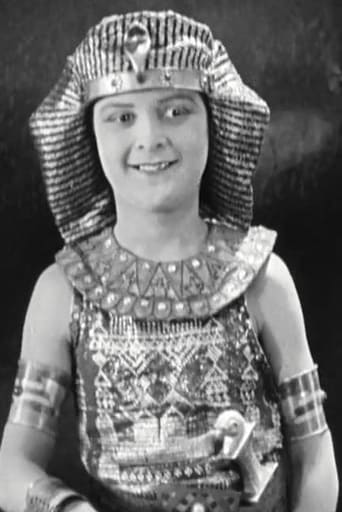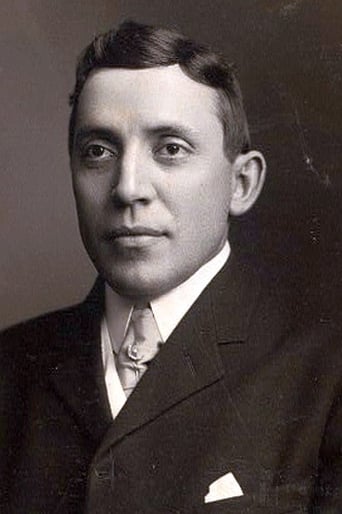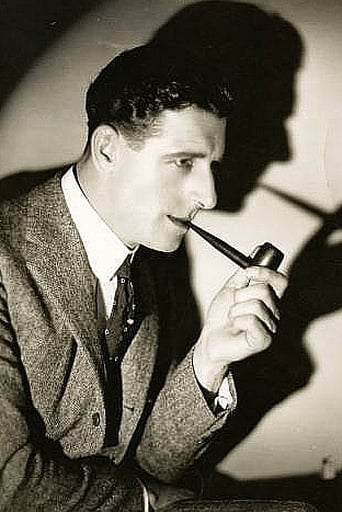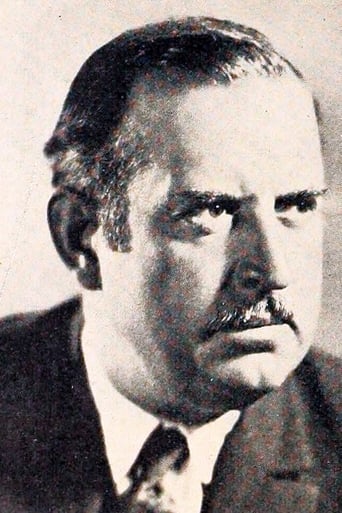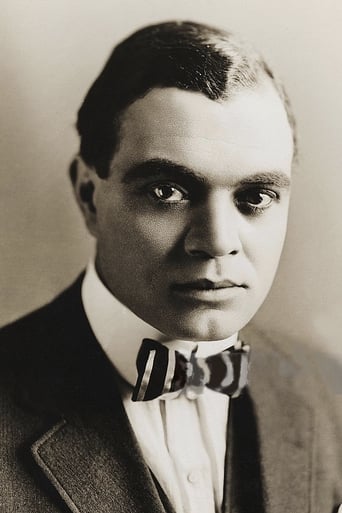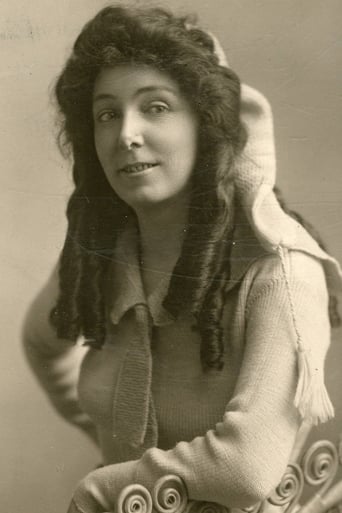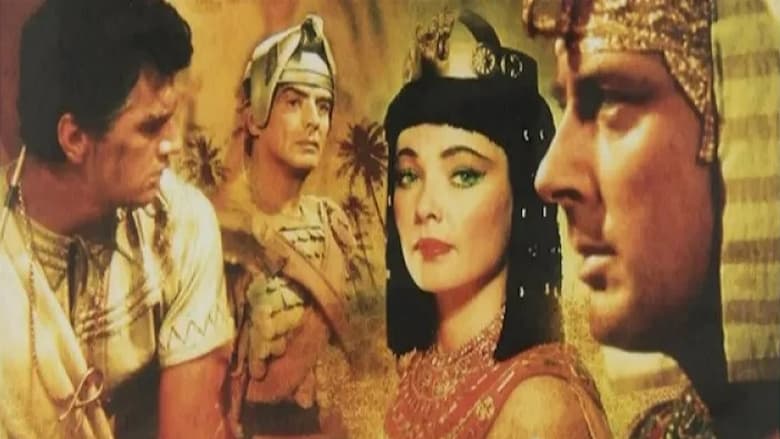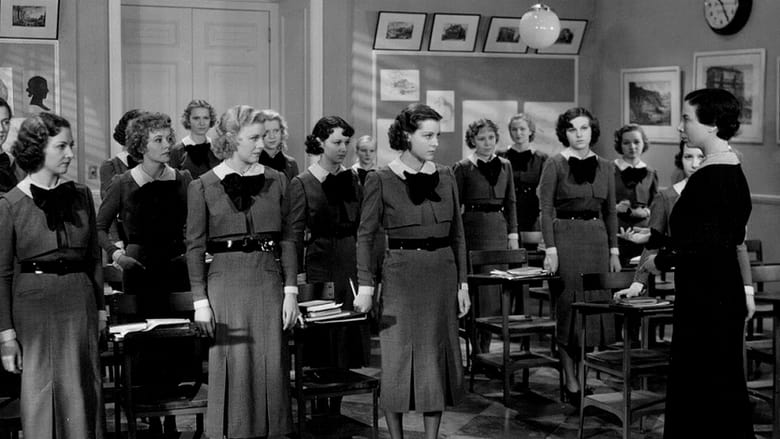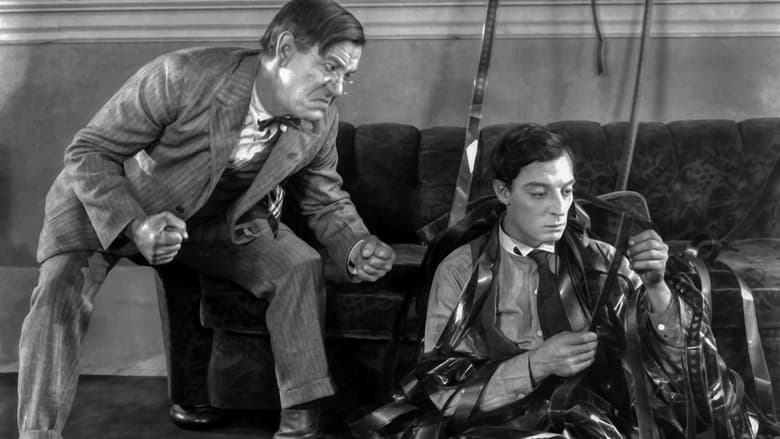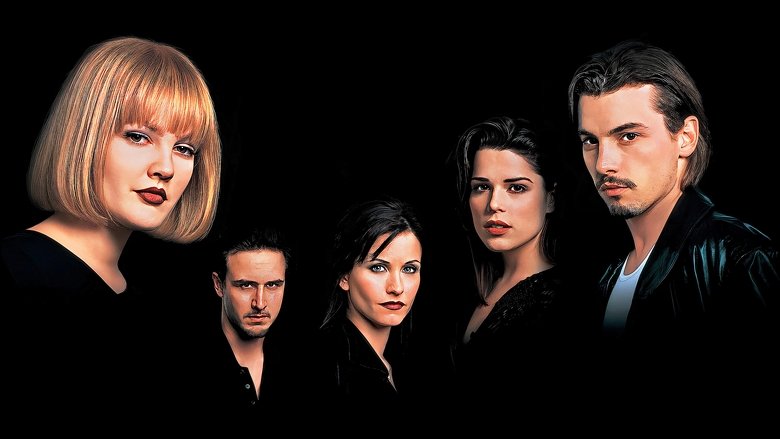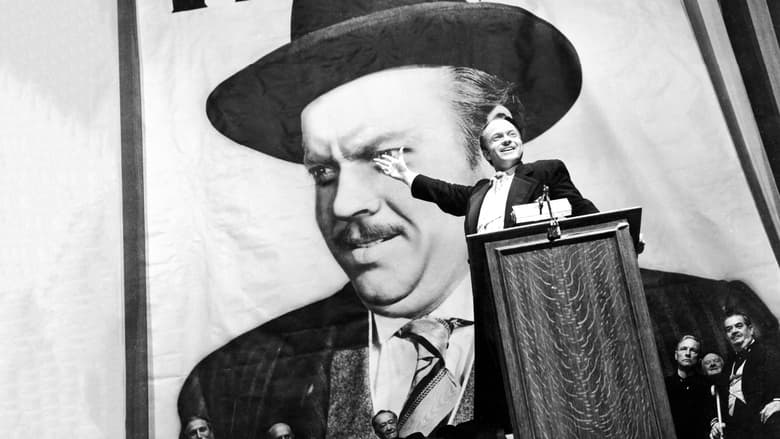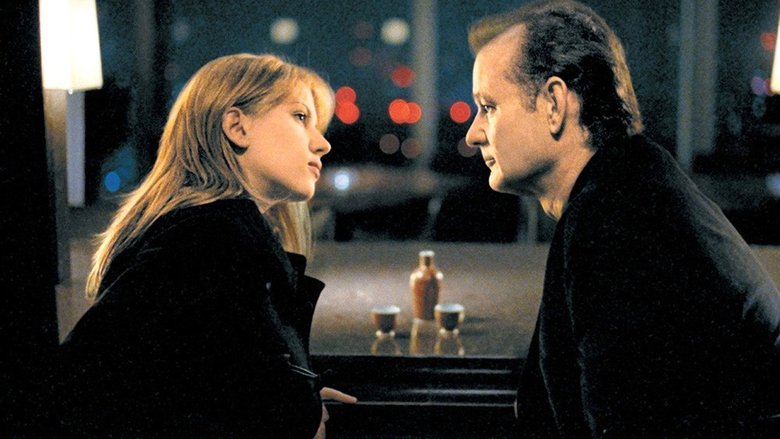The first part tells the story of Moses leading the Jews from Egypt to the Promised Land, his receipt of the tablets and the worship of the golden calf. The second part shows the efficacy of the commandments in modern life through a story set in San Francisco. Two brothers, rivals for the love of Mary, also come into conflict when John discovers Dan used shoddy materials to construct a cathedral.


Similar titles
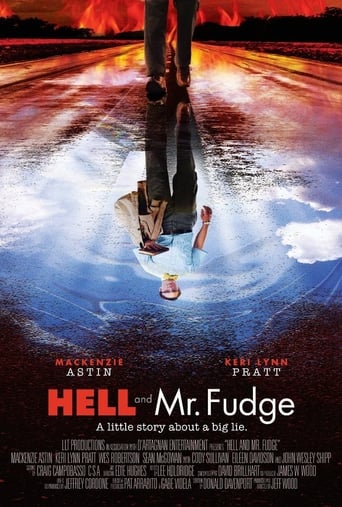
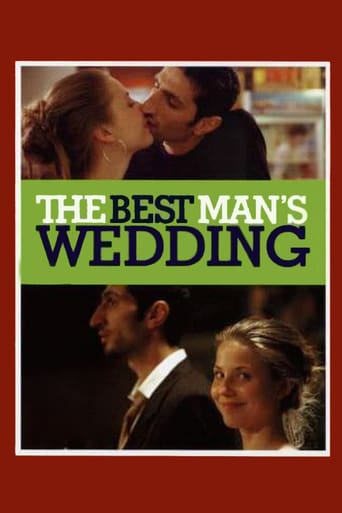
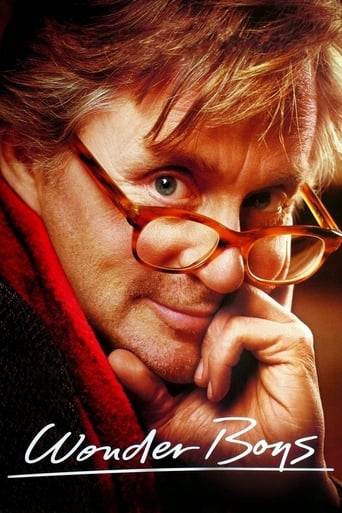
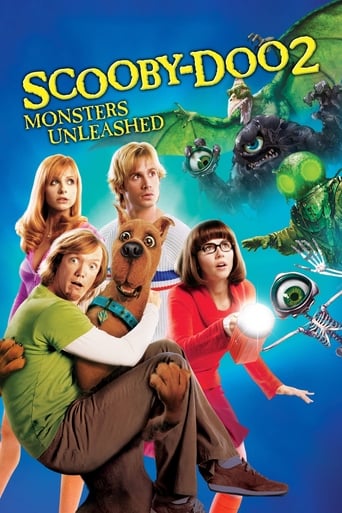
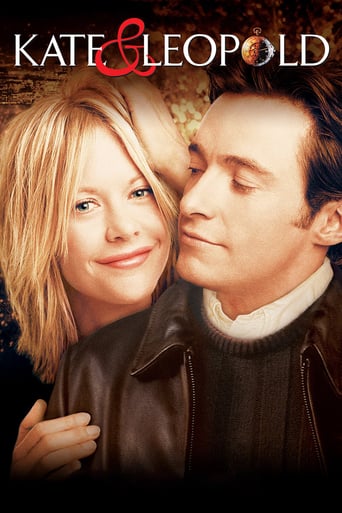
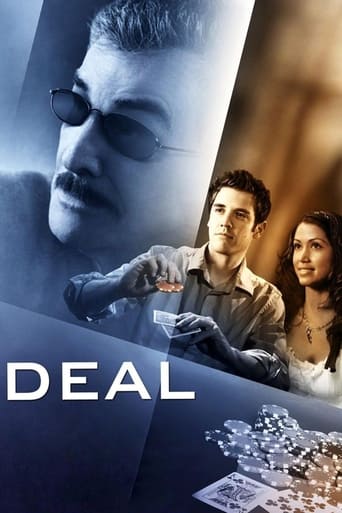
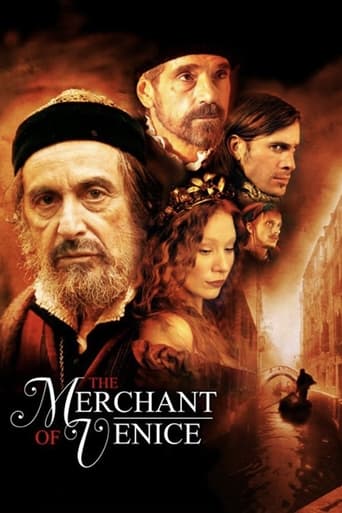

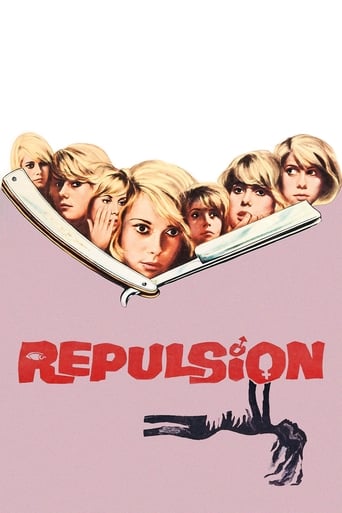
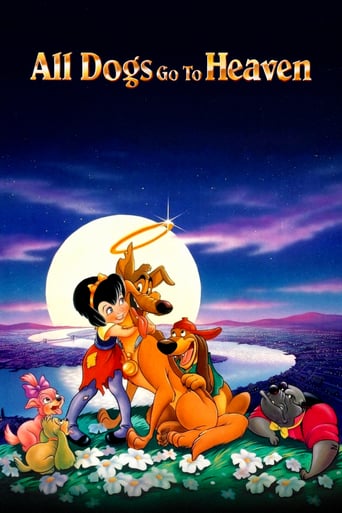
Reviews
This nine decade-old picture still remains a great surprise. Seemingly inferior to its glamorous remake, today, it occurs to have stood a test of time. But what comes to mind first is not the entire movie but its renowned prologue, screenwriter Jeanie MacPherson's initial idea, the action of which is set more than 3,000 years ago when Children of Israel were led to freedom from bondage of false masters: a unique answer to human cry for a better world. Made at the time when epics saw their beginnings and not being able to echo any earlier productions (except for only few made in Italy or D.W. Griffith's INTOLERANCE), Cecil B DeMille's silent TEN COMMANDMENTS was a highly new, fresh screen experience. When the iconic screen Moses, Charlton Heston, was born, Theodore Roberts (as Chris Scott Edwards described him "wild-eyed, ferocious and unkempt") embodied the prophet for the first time in cinema and for the first time under DeMille. And, unlike the 'greater than life' overlong 1956 remake which could have been titled MOSES' PHASES OF LIFE depicting a prince, an exile, a deliverer, the lawgiver, this 1923 version is, actually, THE TEN COMMANDMENTS because of its two parts where not 'laws' but 'the Law,' as DeMille referred to it, is truly at the core of its broadest appeal. Moreover, due to the context it emerged from (post-Great War period with Hollywood incidents like Fatty Arbuckle scandal mentioned by Katherine Orrison), there was a need for a moral message through the medium. Therefore, at the dawn of cinema, Paramount was lucky to 'promote' the Decalogue and release a skillful combination of the Bible as its source, DeMille as its deliverer and the roaring twenties as its initial addressee. Since The Exodus and the modern part can be treated as two separate films differently seen, let me divide my review in a similar fashion.EXODUS. Lauded as "quite the landmark of the director" (Sean Axmaker, 2011); amazing with "their sheer weirdness and scale" filled with "Vegas-feel to this sermon" (C.S Edwards); "DeMille's ultra drama of the ages" (Kyle Westphal), it is not hard to agree with all the 'praise the work' opinions. Everything is spectacular about it, including 500 carpenters, 400 painters, 600 chariots and its silent nature provides the movie with additional mystery. Because of its considerably short length, it clearly corresponds to the intentions herein incorporated. Great matte system by the technical director Roy Pomeroy, marvelous City of Rameses (DeMille's Lost City rediscovered years later by Peter Brosnan), some interesting details and the cast, including Estelle Taylor as Miriam, Charles de Rochefort as Rameses, Julia Faye as Pharao's wife (prototype of Nefretiri's character), Theodore Roberts as Moses, of course, and hundreds of extras of Jewish ancestry. Although the filming locations were less authentic than in the remake (though still a 'location', no 'vacation' as Rita Kissin memorably recalls), the extras, authentically stun us including 250 Orthodox Jews from Los Angeles who really experienced deep personal contribution to the film. The Camp DeMille became their 'tent' while they could truly identify with their ancestors, renewing their identity, holding the banners with the Star of David with eyes filled with sand, perhaps, but hearts with praise and joy. DeMille himself, whose mother Beatrice was Jewish, stated about these extras that "they give the best possible performance as the Children of Israel." No accent was of any significance but just their looks and hearts set in the story. Leatrice Joy, who was also among the extras observed that "they were living the time." And what remains in today's viewers' memories after viewing the Exodus? Every minute seems precious from the very first image of the Sphynx, the colossal City of Rameses, the hauntingly effective organ score by Gaylord Carter, the grandiose images of the pharaoh and his court, the Passover night, 600 chariots, the Red Sea sequence, the pillar of fire to the Mount Sinai sequence and the scenes with Golden Calf (Marshall). With the tablets of the Law and Miriam, Moses' sister uttering "I have worshiped idols and become a leper" our attention is drawn onto the roaring twenties when sin and righteousness clashed powerfully...MODERN STORY touched by 'defiance' and 'redemption' – a pure product of generation clash in the roaring twenties is a debatable part. Inspired by F.C. Nelson's phrasing "You cannot break the Ten Commandments - they will break you," it appears to be a solid 'modern' parallel to the universalism of those commandments. And here, it all depends on audiences and rightly so. What if they don't agree? Just ignoring the philosophical dilemma, let me address the cinematic one and state: unlike the Exodus, the part requires a viewer to be accustomed to silent cinema, its style, methods and conventions. Here, the opinions differ and tend to be critical of the entire achievement. "Dated" (Marshall Weiss); "split identity production" (Axmaker); "a series of disastrous plot turns" (Hal Erikson)... Among the critics was Mae Tinee of Chicago Tribune. Mr DeMille, in his defense, memorably observed the destruction caused by 'mental and emotional Red Sea.' Actually, I agree with him. As the brothers may occur clichéd, the part includes some stunning cinematography, lavish decor, great images of San Francisco and, foremost, noteworthy performances. 'Villains are more memorable' corresponds with the character of Dan (Rod LaRocque)- 'one emblematic modern man who violates all ten commandments' (Westphal). Mary Leigh (Leatrice Joy) parallels to Miriam, Nita Naldi is the fire incarnate VAMPire while Martha McTavish represents the old generation, the reminder of the covenant's timelessness. In the death scene, she clearly makes her own Exodus from the Old Testamental 'law' to the New Testamental 'Love' and DeMille makes his point most powerfully. In the final biblical reference, the divided becomes united in order to lead all to the light. With Christ as the new Passover of humanity, DeMille brings the movie to a jubilant Christian conclusion and a radiant renewing experience of risen human being.
This was another Biblical epic from the Silent era which I had long wanted to check out; even so, I had owned the DVD (accompanying the more popular 1956 version of the same events, from the same showman director no less, and which has received countless viewings from yours truly) for some time before I finally got to it. As with the later NOAH'S ARK (1928), virtually watched simultaneously, it seems that film-makers of the time were unsure of the appeal of such religious epics, so that they had to present them within the context of a modern story; still, De Mille's THE KING OF KINGS (a milestone in itself for being the first and, for a time, only picture to show Jesus' face) preceded that Michael Curtiz work by a year and it was set exclusively in the time of Christ. In this case, only the first 50 minutes or so are dedicated to the familiar tale involving Moses (needless to say, the dull Theodore Roberts is no match for the stoic Charlton Heston in the remake): the exodus, the parting of the Red Sea, the writing of the tablets and the Golden Calf; these are clearly heavily streamlined in comparison with the almost 4-hour long 1956 THE TEN COMMANDMENTS and, in spite of their obvious care, gargantuan scale and excellent special effects, can feel unsatisfying in that respect...especially when the parallel story is so hokey, unnecessarily inflated and, at the end of the day, somewhat ordinary! The latter sees a Bible-thumping matriarch (which she proudly holds even when posing for a portrait), her two sons and the girl who comes between them: one of the boys (played by Richard Dix) is righteous – and, as his mother claims, engaged in a skill (carpentry) which has produced some notable exponents (alluding naturally to Christ himself) – while the other mocks religion and vows to become somebody by his own merits. Eventually, we find him as a top contractor and, perhaps to make amends, takes it upon himself to build a church; however, to cut costs, he reduces the amount of cement required to make the concrete, with the result that the walls are weak and liable to collapse at any time (coincidentally, the very previous day I watched a film in which a character had faced a similar dilemma – GIVE US THIS DAY aka Christ IN CONCRETE [1949]): this ruse is discovered by Dix, appointed "boss-carpenter" on the project, and he confronts his brother but, before anything can be done about it, the whole edifice falls on top of the mother who picks just that moment to visit the premises! The morally-corrupt sibling even forsakes his wife (the destitute girl they had taken in and whom Dix relinquished on his account) for an Asian temptress, whom he eventually kills (the only commandment, according to his spouse, not yet broken by him); in the end, the boy gets his come-uppance and Dix can reclaim his lady. While the two sections may seem to jell better than those in NOAH'S ARK, the overall achievement is a lesser one – and not just to it, but THE KING OF KINGS (by the way, Christ makes a 'cameo' appearance here towards the end!) and, most importantly, the later version if still quite worthwhile in itself.
this is the first film version of The Ten Commandments.it is directed by Cecil B.Demille,who also directed the 1956 version.this version is very lean,going through the events of that time,very quickly.in 50 minutes,in fact.i'm guessing they just kept the essentials of the story,without anything extra.the special effects are quite something for that day.the film must have been a grand undertaking.the remaining 80 minutes or so is a morality play set in more modern times(around 1923,i'm guessing)concerning how the Ten Commandments relate to modern life,and what happens if we don't obey them.for me,this second half is just way too heavy handed and preachy.the message is a good one,but it feels like you're being hit over the head with sledgehammer.some of the acting may seem a bit exaggerated,but they had to act that way,since they didn't have sound.there is an orchestral accompaniment,that plays through out the film.the only problem is,i found the music too repetitive.it got annoying after awhile.still,considering that this movie was mad in 1923,it's not too bad.my vote for The Ten Commandments(1923)is a 6/10
Cecil B. DeMille's original silent version of the Ten Commandments is mostly a heavy-handed morality play set in 1923. The prologue, which runs just over 40 minutes, shows an abbreviated version of the Biblical story of the Exodus. Most of the dialogue is taken from the Bible. Despite the technical limitations of the era, it succeeds as a fast-paced spectacular. The parting of the Red Sea is just as awe-inspiring in its own way as in the remake, and it's always interesting to see how silent actors compensated for the lack of sound with facial expressions and exaggerated gestures. The musical score is fantastic and everything clips along at a nice pace. As with the remake, it's never subtle, but it's never boring, either.I wish I could say the same about the main part of the feature. After Moses punishes the Hebrews for worshipping the golden calf, the film moves to the present day (1920s). A mother reads to her grown sons from the Bible. The two brothers are basically Goofus and Gallant. From here, everything is completely predictable.It's well done so that one can overlook the lack of subtlety. DeMille has a very explicit religious message, and he's not above bludgeoning the viewer over the head with it. That was the style of the day, and the limitations of the silent film force a certain amount of overstatement.However, unlike most films of this period, this one goes on far too long. It's about ninety minutes but seems far longer. The bad son goes out into the world, declaring that he's going to break all 10 Commandments! Naturally, he becomes a successful businessman... while his humble older brother (a carpenter, naturally) tries not to envy him or covet his wife. There's never any doubt about how it's all going to end: DeMille's message is that "the wages of sin is death", but he takes far too long to get there.The complete film is about 135 minutes, which must have been an epic length for that era. I would have enjoyed it more if the modern story had been trimmed by about 15 minutes.In his way, DeMille was the forerunner of Mel Gibson. Both are gifted filmmakers with devout religious beliefs --- short on subtlety, heavy on the bloodshed and headlong action. The 1956 remake of Ten Commandments is a spectacular example of epic film-making, and as this 1923 silent original is now included as an extra disc in the DVD, it's worth checking out. I can't imagine wanting to sit through the modern story again, though; I'll probably shut it off once Moses segues off screen.
